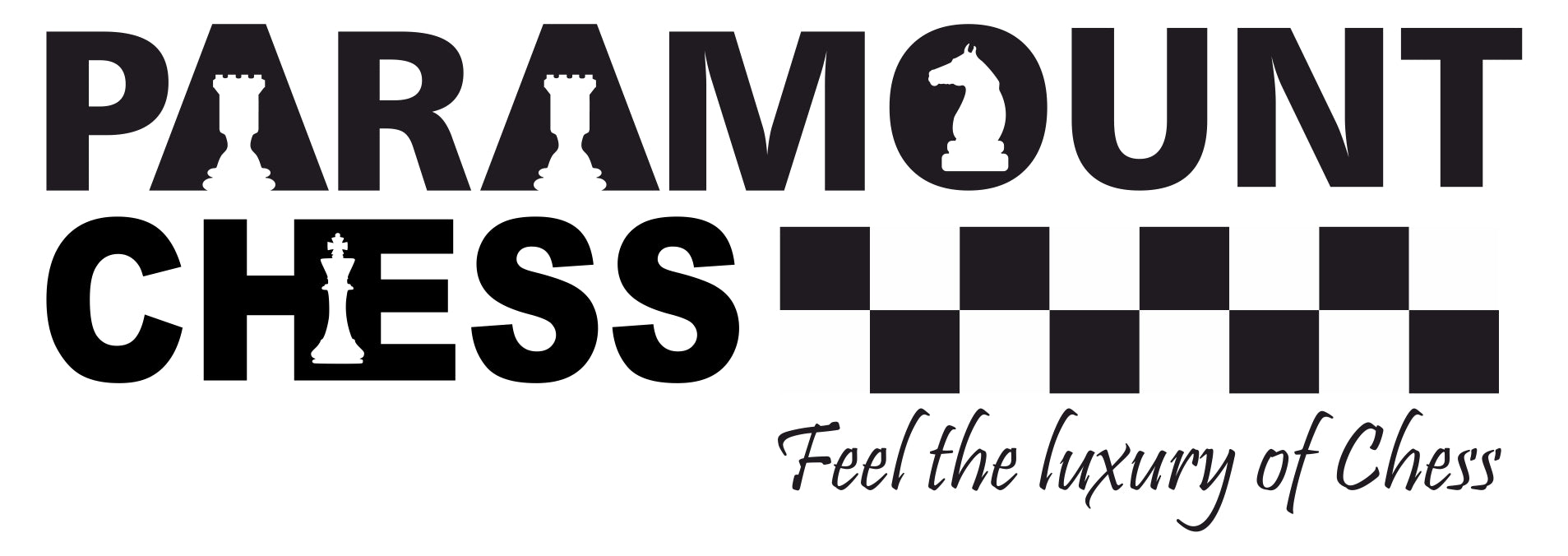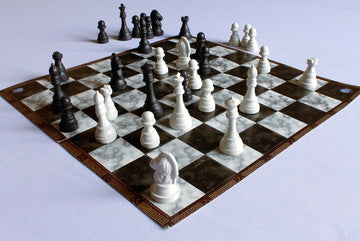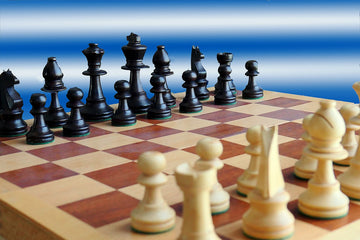Chess is often known to be a game of patience and strategy. In addition to this, quick-thinking under pressure has gained importance in recent years. To have the game end in just a few moves can be extremely satisfying and unusual for the player winning but humiliating for the opponent. Out of the many variations of the quickest mates, here are two of the most common ones employed to trick players who are new to the game. They have resulted in the shortest chess games!
Fool's Mate
As the name suggests, this is used to checkmate your opponent if they are foolish enough to fall for it. Ideally, it only comprises of two moves! It is the quickest way to checkmate your opponent in the game of chess.
For this to work and to work well for black, the white king would have to be exposed to the darker squares and vice versa. Here is an illustration of the Fool's Mate.

If you do manage to move the pawn to f4, a fool's mate can be avoided by moving the Knight to f3. This threatens the capture of the Queen if it is moved to h4. Moving the pawn to g3 may also be played as a defensive block. It is however recommended to always avoid such attacks using bigger pieces since it contributes to piece development.

Scholar's Mate
Another spectacular way to checkmate your opponents early on is using the Scholar's Mate. Ideally, it can be achieved in only 4 moves. This move targets the black pawn on f7 which is considered to be the weakest. Here is an illustration of the classic Scholar's Mate.

There are multiple ways to avoid the Scholar's Mate and even turn it into a counter-attack. One such example is illustrated below.

Not only does this place the knight in a great attacking position but it also threatens to capture the Queen and later the Rook.
N. Tchinenoff vs R. Maillard (1925) (Paris)
It is probably shocking to most how this game among two Grandmasters ended so quickly at the World Championships in Paris. This is a version of the Scholar's Mate improvised due to a blunder commited. Here is the illustration:

Did you figure out the blunder? What would you do instead? Here's what we think could've been done.Shortest chess games.

Check out some of the shortest games here: https://www.chessgames.com/perl/chesscollection?cid=1019933




